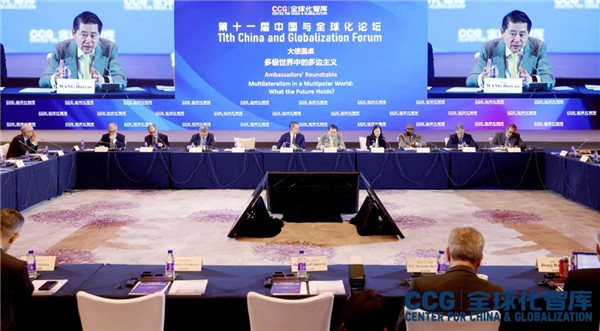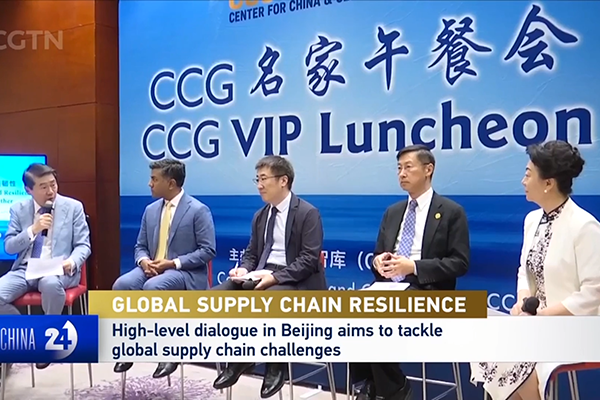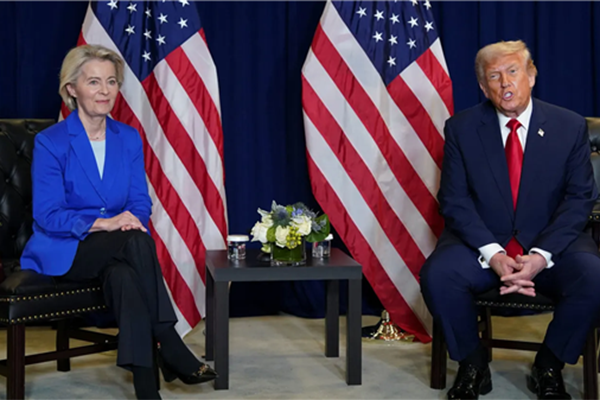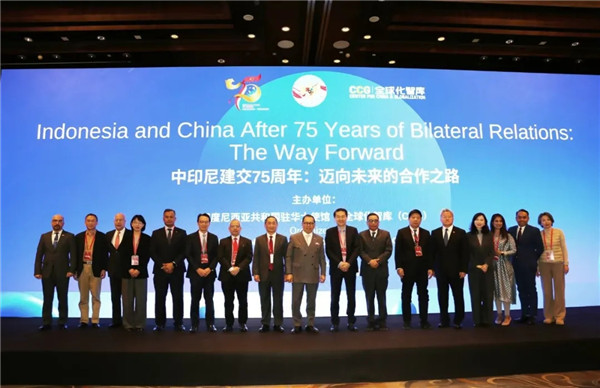Experts discuss global governance at annual CCG forum
May 23 , 2025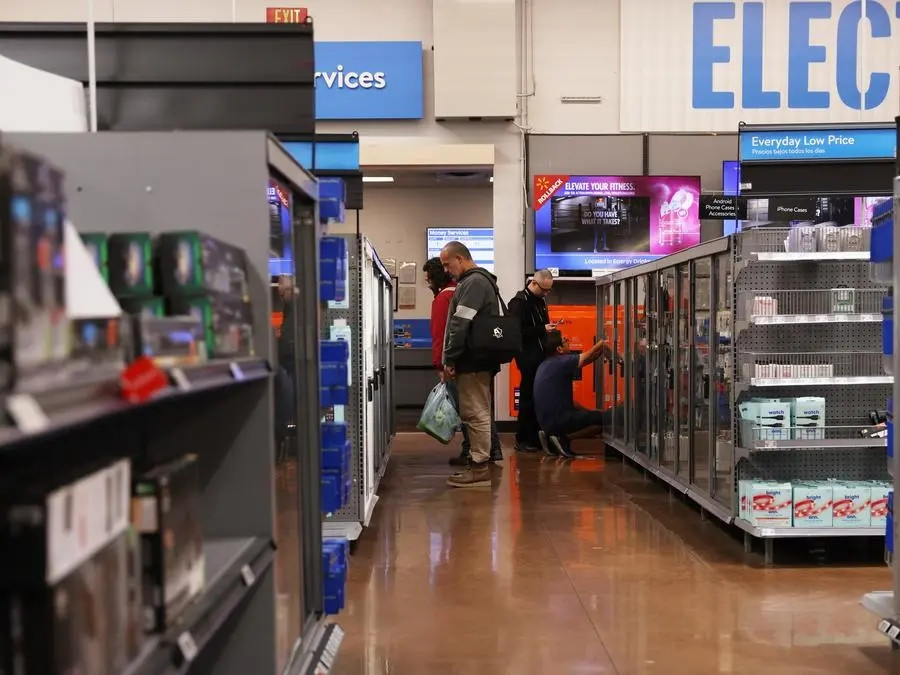 People shop at a Walmart store in Rosemead, California, the United States, on May 15, 2025. [Photo/Xinhua]
People shop at a Walmart store in Rosemead, California, the United States, on May 15, 2025. [Photo/Xinhua]
A major annual event of the Center for China and Globalization (CCG), the 11th China and Globalization Forum opened Thursday in Beijing, gathering international experts on global governance, economic development and geopolitics to share their thoughts.
The event is set to run for two days and features several roundtables discussing issues such as multilateralism and global governance, the U.S.-China trade war, the Global South and international regulatory cooperation.
According to Wang Huiyao, founder and president of the CCG, escalated trade frictions have caused increasing economic uncertainties. He expressed his hope that further progress would be following on from the Geneva trade talks between China and the United States.
Wang also highlighted the think tank’s commitment to building bridges across nations and cultures, and called for upholding the leadership of the United Nations (U.N.) and promoting peace, cooperation and multilateralism.
Shen Xin, vice president of the Chinese People’s Association for Friendship with Foreign Countries, said that the world became flatter over the past two decades thanks to quickly iterating technologies and rapid globalization, but at the same time, the U.S. turned from a champion of globalization to a disrupter of it.
Shen also stated his belief that economic globalization could be made more inclusive and sustainable through a fairer distribution of benefits.
Yu Yunquan, vice president of China International Communications Group and president of the Academy of Contemporary China and World Studies, spoke about rising hegemony, unilateralism and protectionism amid unprecedented changes, and expressed hope that the forum discussions could deepen understanding and build consensus, so as to reduce uncertainties.
James Chau, president of the China-United States Exchange Foundation, said the forum is a platform for dialogue and honest confrontation of shared challenges such as geopolitical division, economic fragmentation, and growing uncertainty about the global future.
Zhang Jun, secretary general of the Boao Forum for Asia and former Chinese ambassador to the U.N., shared his view on the United States’ global tariff war. He said that the tariff war would eventually prove to be futile, however it would likely cause lasting damage, adding that countries should cooperate to promote development because the world is interconnected and humanity shares the same future.
Kyung-wha Kang, president and chief executive officer of the Asia Society, said security concerns and trade tensions had dampened aspirations toward an interdependent world where all would enjoy peace and prosperity. She suggested China and the U.S. continue to negotiate and act to provide stability and predictability in the bilateral relationship.
Declan Kelleher, chair of the governing board of the European Policy Center, said China and the European Union (EU) enjoy a deep and well-founded relationship, noting that this year marks the 50th anniversary of the establishment of diplomatic ties between the two sides. He added that the China-EU relationship is solid and multi-faceted and is a base for building on convergences and agreements as well as resolving differences.
Organized by the CCG annually since being inaugurated in 2015, the China and Globalization Forum is focused on building social consensus for a new type of globalization, inviting former political leaders, diplomats, representatives of international organizations, and renowned scholars to deliver speeches and exchange ideas.
Based in Beijing, the CCG is a think tank founded in 2008. It engages in research on globalization, global governance, international economy and trade, international relations and global migration.
From China.org.cn, 2025-5-23
